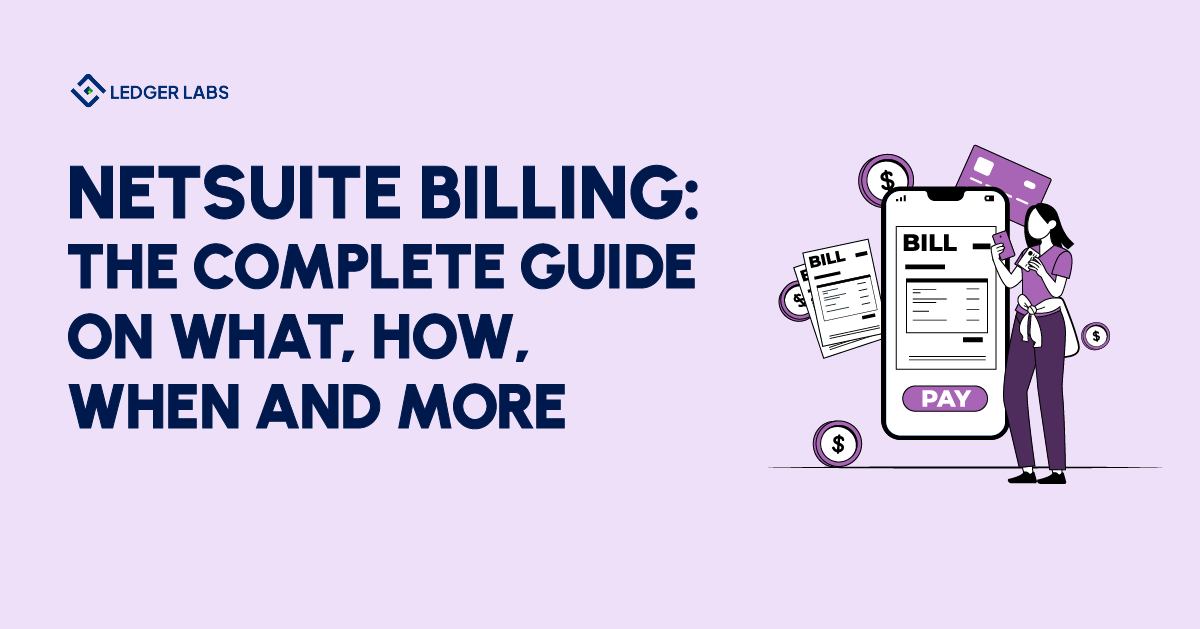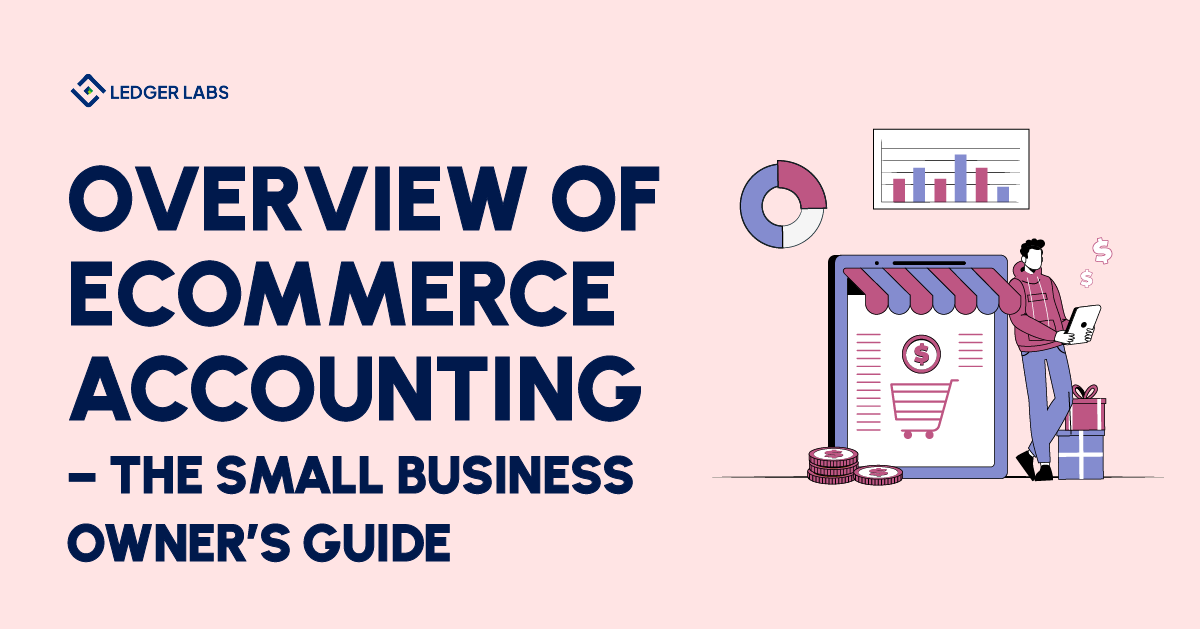1. NetSuite offers an integrated billing system supporting subscription, project-based, and usage-based models, ensuring seamless revenue recognition and accurate financial tracking.
2. The platform’s automated tools adhere to ASC 606 and IFRS 15 standards, reducing manual errors and improving compliance for businesses.
3. NetSuite allows the creation of tailored billing schedules, enhancing flexibility for diverse business needs while supporting scalability.
4. Real-time syncing of billing data with financial statements improves decision-making and cash flow analysis.
Billing or invoice-related problems are quite common with every business.
Whether you are a service provider or a goods company, you need an active and reliable solution that can take care of all the business requirements.
The task of these solutions is not limited to billing only but also extends to the recording of bill payments, settlements, cancellations, scheduling, and much more.
These tasks need to be automated, especially when you are dealing with subscriptions. A reliable billing solution is the best and most secure way to proceed in such a case.
One such solution is the NetSuite subscription billing service.
What is NetSuite Billing?
NetSuite Billing or NetSuite SuiteBilling is a cloud-based service for business billing or invoicing. This means that the sole purpose of the tool is to help any business or organization manage all the bills and bill-related tasks using a unified platform. The tool is extremely automated and rules out the need to manage and overlook all the billing tasks of a business manually. The tool reduces the need to employ a physical workforce in the business to take care of recurring billing-associated tasks.
The solution alone is viable and reliable enough to take care of certain business requirements including but not limited to:
- Huge and volume-based discounts management
- Client-centric product or service discounting
- Brand promotions and collaborations
- Subscription billing and management
But that’s not all. The platform is so varied and inclusive, that it reduces the need for the business to manually overlook every subscription and remind the clients about the same. Want to understand better and deeper? Let’s proceed.
What is a Subscription or Subscription Model?
As you know, buyers in the present age are both reluctant to buy anything permanently as well as unwilling to spend repeatedly on a simple task. What they seek are automation and flexibility. This is where a subscription or subscription business model comes into play.
The model or concept of subscription is quite easy to understand. Instead of paying for a product at once and owning it, the subscription provides a smart alternative. If you accept or purchase a subscription, this means that the buyer will be required to pay for the product or service for a specific period of time. The ownership of the product will be shifted or hovered over to the buyer. During this period, he/she can avail himself/herself of the advantages of the features offered within a specific or purchased subscription.
This means that once the period of the subscription is over, you need to purchase the subscription again or re-subscribe to the product. If you fail to or don’t want to do the same and renew the subscription, the ownership of the product will be revoked. A lot of popular brands are using this business model including NetFlix, NetSuite, Amazon, and many more.
What is a Hybrid Business Model?
A hybrid business model is a model under which the business offers both permanent ownership of the product as well as subscriptions for the same. This means that a buyer can select the ownership according to his requirements and pay accordingly. If a business deals with such models, then it becomes hard for the personnel to manage and overlook the purchases of every individual. Thankfully, NetSuite subscription billing can help you with such tasks.
Advantages of NetSuite Billing: The Challenges It Tackles
When it comes to the management of hybrid or subscription-based business models, any popular billing tool may fail. This is because the dynamics of this concept are quite personalizable, customizable, and recurring, sometimes resulting in the crashing of the solution altogether. However, this is not the case with NetSuite subscription billing.
You can easily manage the properties of any subscriptions using the NetSuite billing schedule. This solution allows you to take over control of all the subscriptions and manage them automatically. However, that’s not all, there are numerous other advantages that you can avail of with NetSuite Billing like
1. Improved Management
When the task of subscription billing is managed manually, it can cause some problems. Manual and human errors can be very dire for the business and may even create a negative impression in the minds of the users. You can not afford to lose customers due to such errors. Hence, it’s best to employ NetSuite recurring billing. This will allow you to automate the entire process quite easily. The tool will record the exact transactions and numbers only, as procured from other connected sources. This improves the credibility of the data as well as reliance.
2. Follow Revenue Recognition Standards
One of the most crucial yet complicated tasks of the business is associated with revenue recognition. The process to ascertain the tenure and amount of revenue is well complicated itself and when paired with subscriptions, toughens even more. Thankfully, the NetSuite billing system follows limitations set by the business for revenue recognition. Hence, all the data present on and recorded by the system is accurate according to revenue standards as well. This feature also holds for the recurring revenue recognition requirements.
3. Accuracy, Efficiency, and Flexibility
As stated above, the data collected by the system is quite accurate as well as timely. The transactions or bills are recorded as and when scheduled without any discrepancies. Moreover, the features of the system are quite customizable and flexible. Any type of business from any kind of industry can easily manage subscriptions using NetSuite billing or NetSuite advanced billing.
4. Multiple Pricing Modules
Another one of the most appreciated features or advantages of SuiteBilling is that it allows you to manage multiple pricing modules at once. This makes it easy for the business to offer as well as monitor the discounts offered to individual clients. Consumer-centric systems are the most important things that NetSuite billing takes care of for you.
5. Advanced Scheduling
The scheduling systems offered to the business by this solution are quite strong and advanced. You can set the schedule for the subscriptions as you want. Moreover, you also get the advantage of charging the customers when the trial period is over. This entire process is automated and you don’t have to put in any manual effort to manage the schedules.
6. Tenure Management
Another smart advantage of using the NetSuite billing system is tenure management. You can manage the trial periods, subscription tenure, and more. The tool will also send regular updates and notifications to the buyers regarding the upcoming payments after the period of subscription or trial is approaching the end.
7. Modifications
With the help of this system, you can even modify the existing orders of the customers. Suppose a buyer had purchased a yearly subscription to your service but wanted to upgrade it to a duo year, then the tool will provide options to proceed accordingly. This advantage is not only for the upgraders but also for the downgraders.
8. Business Subscriptions Management
Apart from the subscription management services to the buyers of the business, the company can also manage its own subscriptions as well. Just list or connect all the subscriptions with the NetSuite billing service. After this, the tool will inform you about upcoming payments, package renewals, and more.
9. Efficient Reporting
Reporting is quite important for the business. When the investors or shareholders of the company direct the management to provide futuristic and reliable reports, then the NetSuite billing solution can offer you the same. The customizable options of the software allow you to set different dynamics for the reports and get the desired and accurate results.
10. Centralized Billing
When you take the help of this advanced system for billing subscriptions and others, you get a centralized billing platform. All the transactions go through this NetSuite billing platform before recording and hence the data is recorded in the system in real time without any errors. All the bills associated with the products and services offered by the business can then be managed using a centralized platform with ease.
So, these were some of the top benefits of using NetSuite advanced billing in your business. Now, let’s understand how a business can establish the billing system in the company using NetSuite.
Process to Establish NetSuite Billing
The procedure to establish the NetSuite advanced billing system in the business is quite simple. There is no rocket science involved. However, to get the most out of the platform as well as for better and smoother, you can take the advantage of certain features and set the same to the desired levels for advanced management. Didn’t get what we said? Don’t worry. Let’s have a look at the process to enable NetSuite subscription billing and you will get everything that’s stated above:
- Click on the Setup menu present at the top of the window.
- Navigate to Company and click on it to proceed.
- Find the option named Enable Features and click it.
- Look for the Billing category on the page. Under the same, checkmark the Billing Operations button and Save it.
(Note: Before saving, the system will ask you to specify what and how you want the billing system to proceed. For the same, three different heads or categories named Schedule, Customer, and Billabales are available. The Schedule allows you to define the period of different subscription tasks. The Customer section allows you to add various customers to groups and set up an automated billing schedule for the same. Lastly, the Billables category allows you to modify the bills according to time, items, and more.)
NetSuite Billing: Closing Lines and How to Proceed
So, this was all that we had to offer about NetSuite recurring billing schedule. We hope that the information provided above was of some value to you. As you may have felt, the decision to employ the subscription billing system with the businesses is surely beneficial but not an easy one.
What’s best to smoothen up the NetSuite billing process is to arrange for the NetSuite training of some persons in the company. This will allow you to get the advantage of a trained staff who can take care of all the advantages associated with NetSuite ERP in any way.
Another way and the best one to proceed with NetSuite billing is to take the help of a third-party service provider. Look for a team of smart NetSuite experts or service providers. These are generally professionals in the field who can help you manage not only the billing-related tasks but also every other one associated with the ERP tool.












